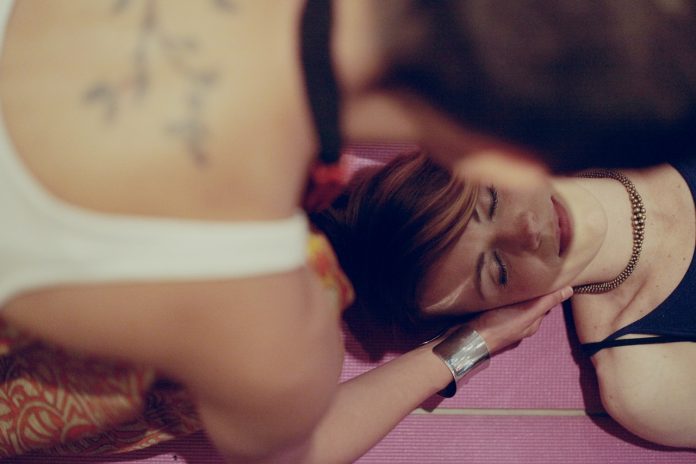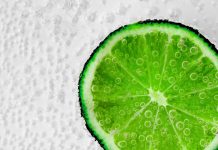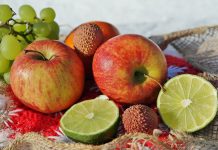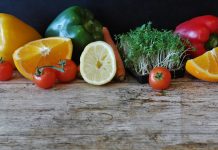
Are you on a drug called Coumadin or taking a herbal supplement like ginkgo? These are blood thinners and can increase the ease of bruising or severity of the bruise even from a slight injury. If you are on coumadin, then your doctor should be checking your clotting time (prothrombin) periodically to make sure it is not too long. If you are on ginkgo, perhaps you should review with your doctor the need for ginkgo. Persons on Coumadin should not take ginkgo as their bleeding time would be too long.
Bruises appear darker and more readily on people with fair skin. People with darker skin have more melanin pigment in their skin, so bruises don’t appear as easily. Taking a multivitamin with 100% of the Recommended Dietary Allowances is fine and one pill probably contains 100% of the RDA for vitamin C. Read the bottle label to be sure.
Vitamin C makes small blood vessels less fragile and helps reduce bruising. A vitamin C supplement is not necessary for addition to your multivitamin, however, if you follow the recommendations of the Food Guide Pyramid for 5 fruits and vegetables each day, you can get more vitamin C. Eat foods that are rich sources of vitamin C like orange juice, citrus fruits, kiwi, green peppers, and broccoli, which may reduce the severity of your bruising.
Vitamin K helps improve clotting time and good foods sources of vitamin K are green vegetables, soybeans, dried beans or peas. Do you get enough of these foods each day?


